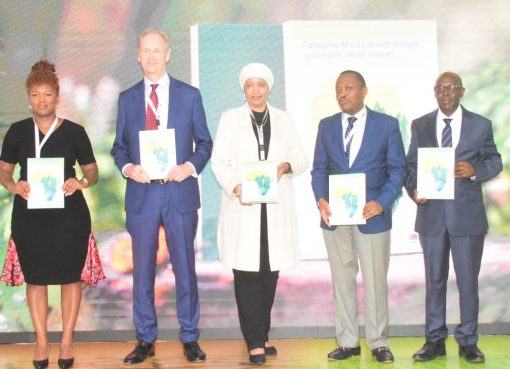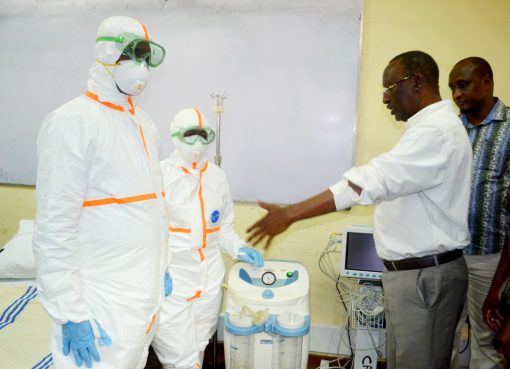The government has committed to allocating funds towards enhancing applied research to speed up local production of anti-venom to arrest rising cases of snake bites.
With the emerging threats of climate change that may drive lethal snakes from their natural habitats into neighbourhoods, research is expected to address gaps in accessing the drug in snakebites-prone communities.
According to Cabinet Secretary for Tourism Alfred Mutua, Kenya heavily relies on imports of snake anti-venom from South Africa and India, a situation the research seeks to reverse.
Mutua said the government will fund the research that would lead to local production of anti-venom to ensure cases of snake bites are addressed on time, thereby reducing deaths and physical impairments.
According to the Kenya Snakebite Research and Prevention Centre, the country is home to some of the deadliest snakes in Africa, with an estimated 25 people losing their lives every day to snake bites.
The centre notes that the arid and semi-arid regions of the country are highly prone to snakebites, with the counties of Baringo, Garrissa, Kitui, Kilifi, Marsabit, Machakos, Isiolo, and Taita Taveta recording high cases.
According to the World Health Organisation (WHO), snakebite is listed as a Neglected Tropical Disease that kills 32,000 people, mostly from rural and disadvantaged communities in Sub-Saharan Africa, with over 90,000 victims left with permanent forms of disability.
It is from these worrying statistics that the government seeks to reverse through revamped applied research that will ensure victims of snakebites have prompt access to anti-venom therapies.
Speaking during a tour of the Wildlife Research and Training Institute (WRTI) in Naivasha, Mutua advocated for more research on wildlife, noting that their numbers have been in decline over the years.
The CS said the government would finance a Sh268 million state-of-the art laboratory at the institute for more research on wildlife and enhanced storage of specimens as the race to save endangered species gathers pace.
According to the 2021 National Wildlife Census Report, the black rhino, sable antelope, Hirola, Tana River Mangabey, and the Roan antelope are critically endangered wildlife species.
The report also highlighted the bongo, lion, elephant, white rhino, and wild dog as endangered species, with the CS asking the Institute to undertake science-based research to mitigate their decline.
Mutua said wildlife contributes over 70 per cent to the country’s tourism sector, which attracts an average of two million visitors annually, adding that the country possesses huge potential for growth.
However, the CS noted with concern the increased cases of human wildlife conflicts, where 68 per cent of wildlife out of their natural habitats are mostly driven by threats of climate change such as droughts and rising temperatures.
To arrest this situation, Mutua said the government would deploy mobile clinics to educate and sensitise communities on how to live with wildlife, as well as ensure safe reporting of incidents of straying animals.
On his part, Institute Board Chairman David Nkedianye said the modern laboratory would enhance the handling of complex genetic issues in the country, which is currently taking place in Italy.
Nkedianye said the Institute would partner with counties to enhance the management and development of wildlife to revamp their tourism sector and boost livelihoods.
By Erastus Gichohi





